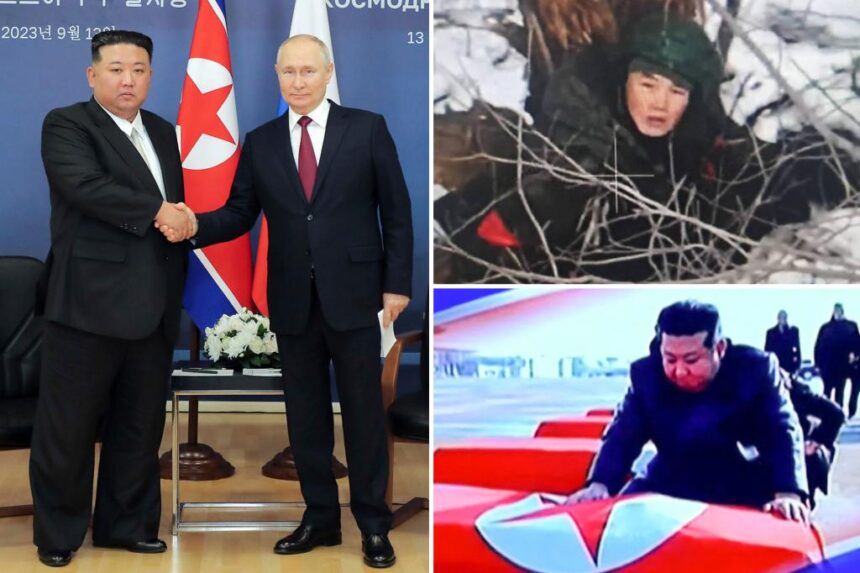North Korea is reportedly preparing to send an additional 30,000 troops to assist Russia in its invasion of Ukraine, a move that would triple the number of soldiers it has already provided to Moscow. This comes after Pyongyang sent around 12,000 soldiers earlier this year to help Russia reclaim the Kursk region. The goal is to strengthen the presence of North Korean troops along the frontlines in order to support large-scale offensive operations, as reported by CNN.
According to Ukraine’s intelligence network, the Russian Ministry of Defense has assured that it can provide the necessary training, equipment, weapons, and ammunition to quickly deploy the Pyongyang soldiers to the frontlines. Recent intelligence also suggests the arrival of a large ship and cargo aircraft at North Korea’s Sunan airport, both of which are believed to be linked to last year’s deployment of troops to Russia.
South Korea’s National Intelligence Service (NIS) has also warned that Russia is gearing up for a major assault against Ukraine in the next couple of months, with plans to utilize thousands of North Korean fighters. Analysts and experts have long predicted a summer offensive by Russia after a period of relative inactivity. The potential assault could target the Sumy region, where Ukraine’s counter-invasion headquarters were located during the Kursk takeover last year.
Ukraine’s military chief Oleksandr Syrskyi recently disclosed that Russia has been amassing around 50,000 troops along the Sumy border, with Putin’s intentions to establish a security buffer zone reminiscent of his actions prior to the initial invasion in 2022.
Since the deployment of North Korean troops to Ukraine, approximately 600 soldiers have been killed and thousands more wounded in combat. Despite initial silence on the matter, both Russia and North Korea have now openly acknowledged the presence of Pyongyang troops in Ukraine as a symbol of their growing military cooperation. North Korean leader Kim Jong Un publicly honored the fallen soldiers in a recent state media broadcast, marking a rare public acknowledgment of the military pact between the two nations.
As tensions continue to rise in the region, the situation remains fluid and the international community closely monitors developments on the ground.








